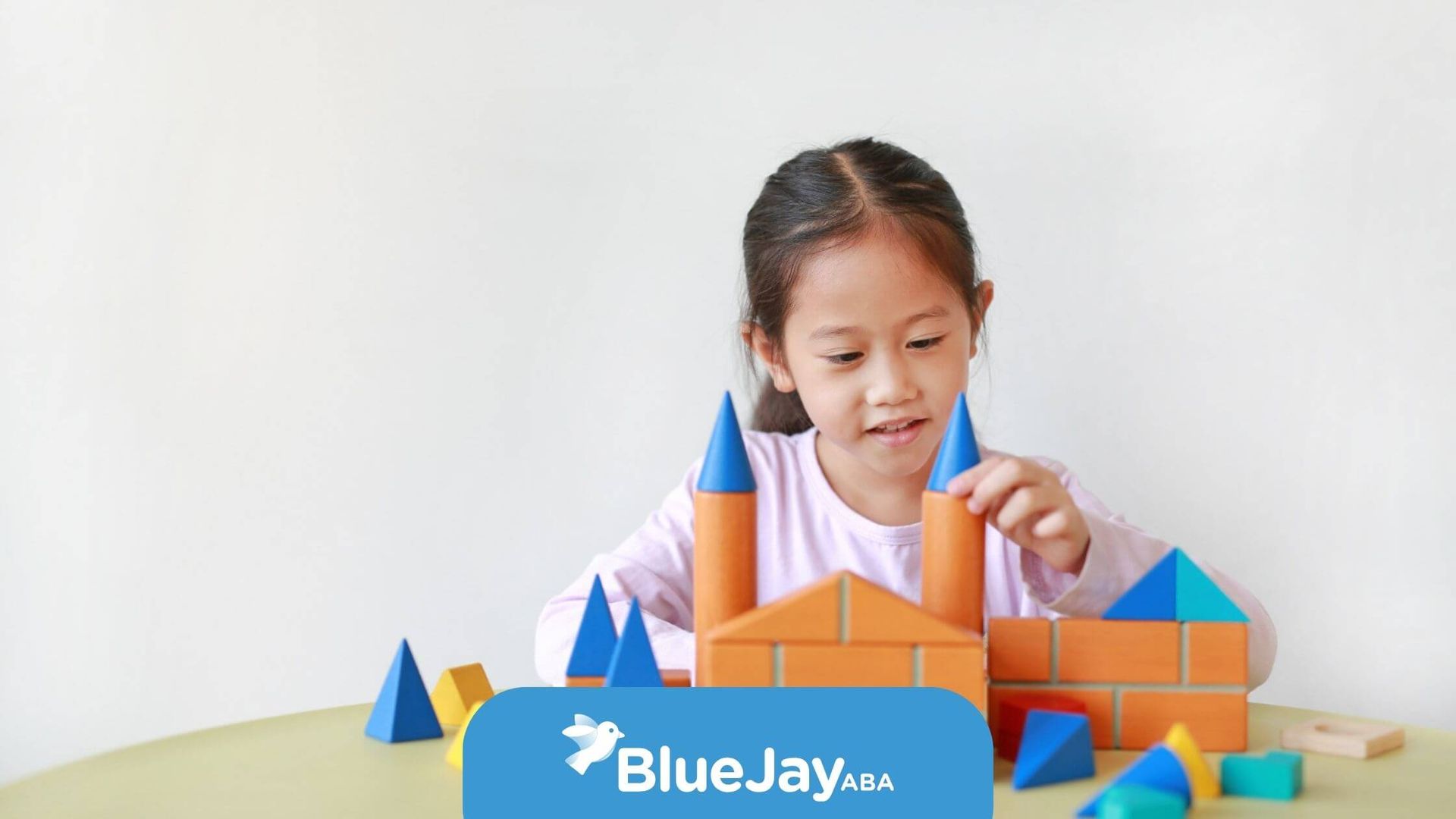Why Children with Autism Get Upset Easily (And How to Support Them)
Yes, children with autism often experience heightened emotional sensitivity, which can lead to them becoming upset more easily than their neurotypical peers. This heightened sensitivity is primarily due to challenges in emotional regulation—a common trait among individuals on the autism spectrum.
Understanding Emotional Sensitivity in Autism
Children with autism may struggle with emotional regulation, making them more prone to emotional outbursts.
According to Spark for Autism, these children are four times more likely to have difficulty managing their emotions compared to their peers without autism. This can manifest as meltdowns or shutdowns in response to overwhelming situations.
Sensory sensitivities also play a significant role. Everyday stimuli—such as bright lights, loud noises, or certain textures—can feel overwhelming and lead to distress.
Unexpected changes in routine or environment can further exacerbate feelings of anxiety and frustration. It's not uncommon for children with autism to react strongly to seemingly minor disruptions.
Supporting Emotional Regulation
While emotional outbursts are common, they are not inevitable. With the right support, children with autism can learn to manage their emotions more effectively.
Implementing strategies like visual schedules, sensory breaks, and calming techniques can help children navigate overwhelming situations. Additionally, fostering a supportive environment that acknowledges and accommodates their sensory and emotional needs is crucial.
If you're seeking professional support for your child, Blue Jay ABA offers specialized ABA therapy services in NC to assist children with autism in developing essential skills and managing emotions. Our experienced team provides individualized programs tailored to each child's unique needs.
Understanding and addressing the emotional sensitivities of children with autism can lead to more positive outcomes and a better quality of life for both the child and their family.
Related Posts





